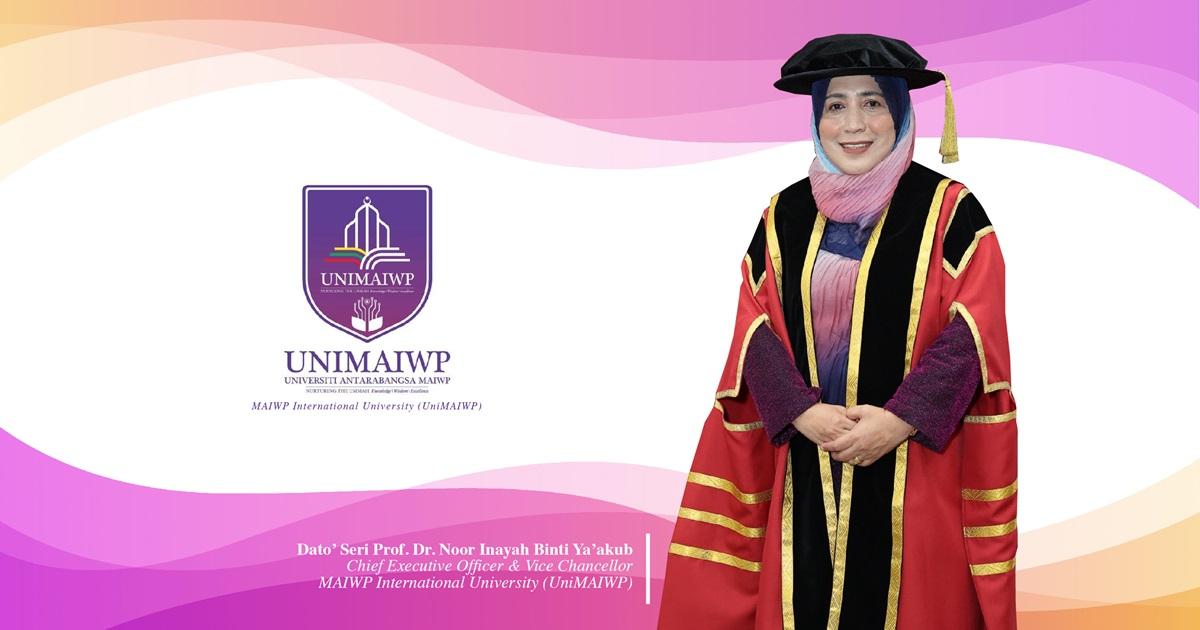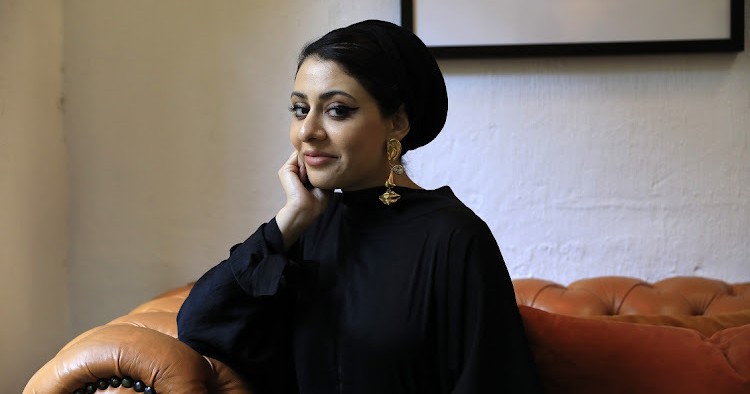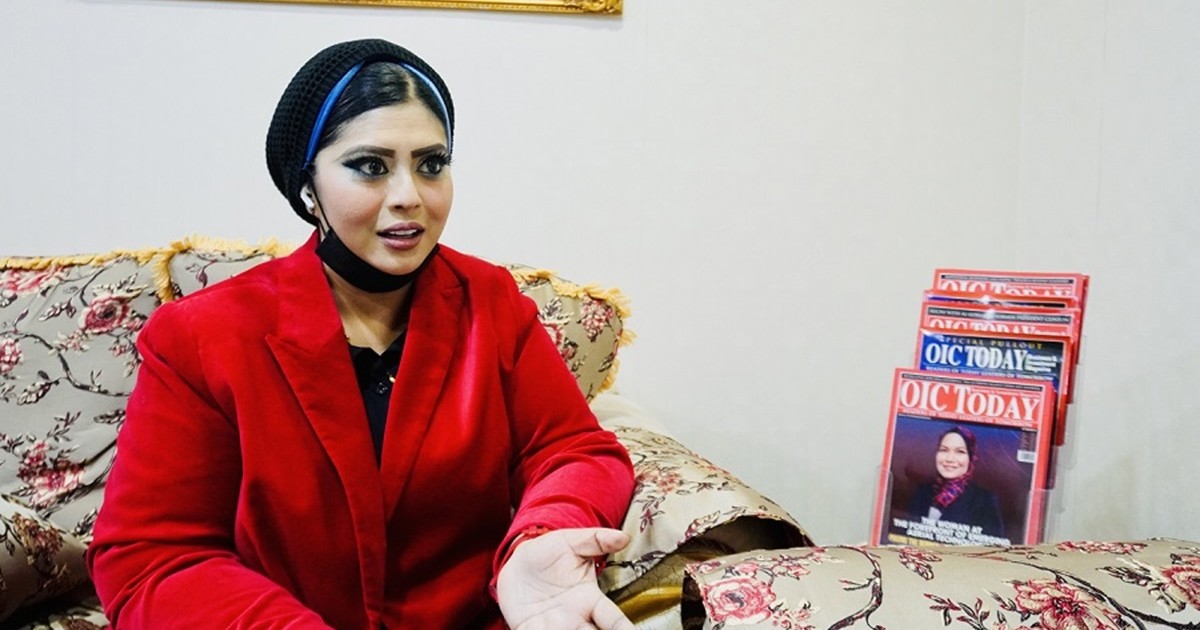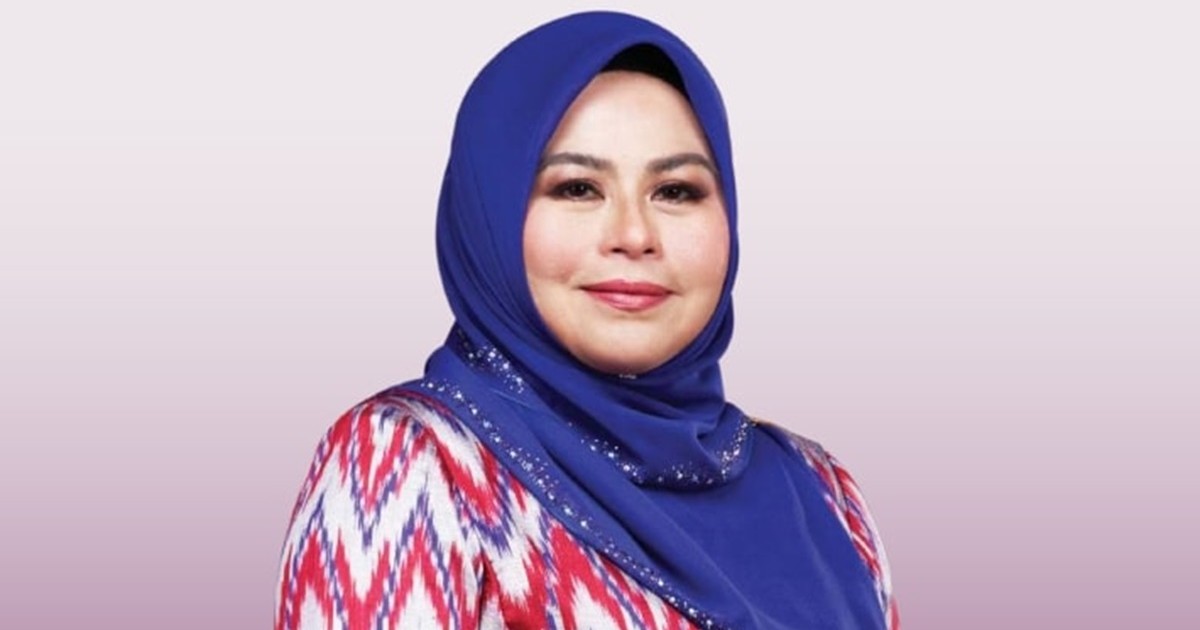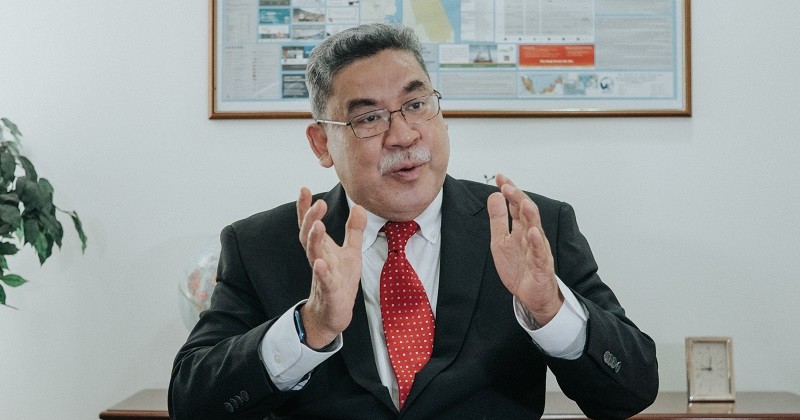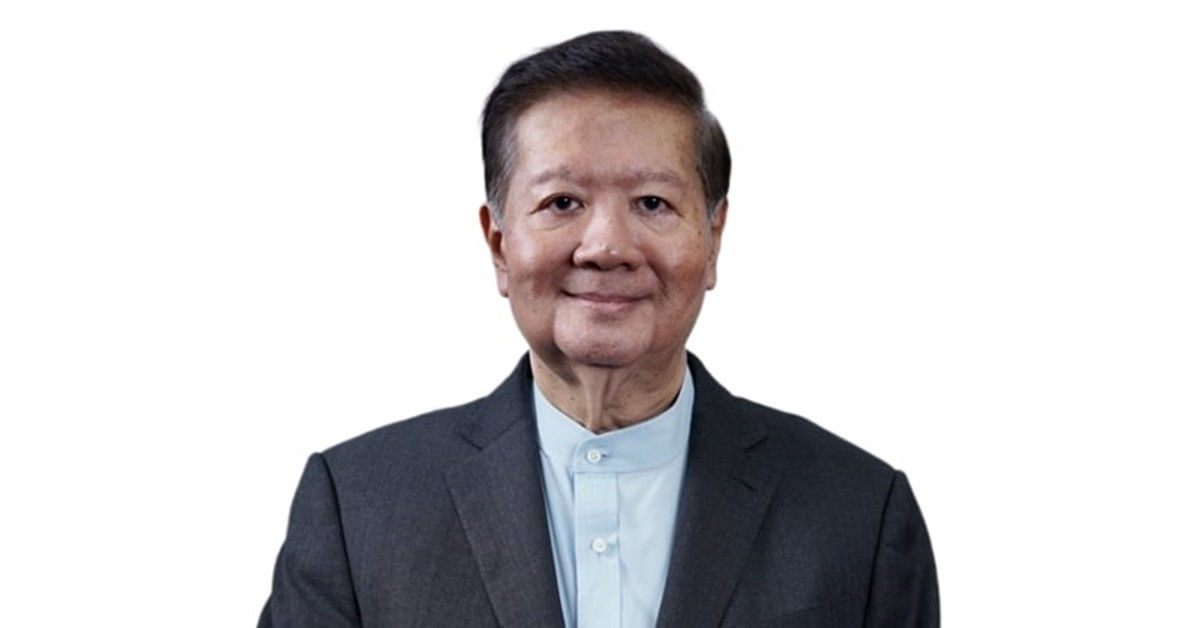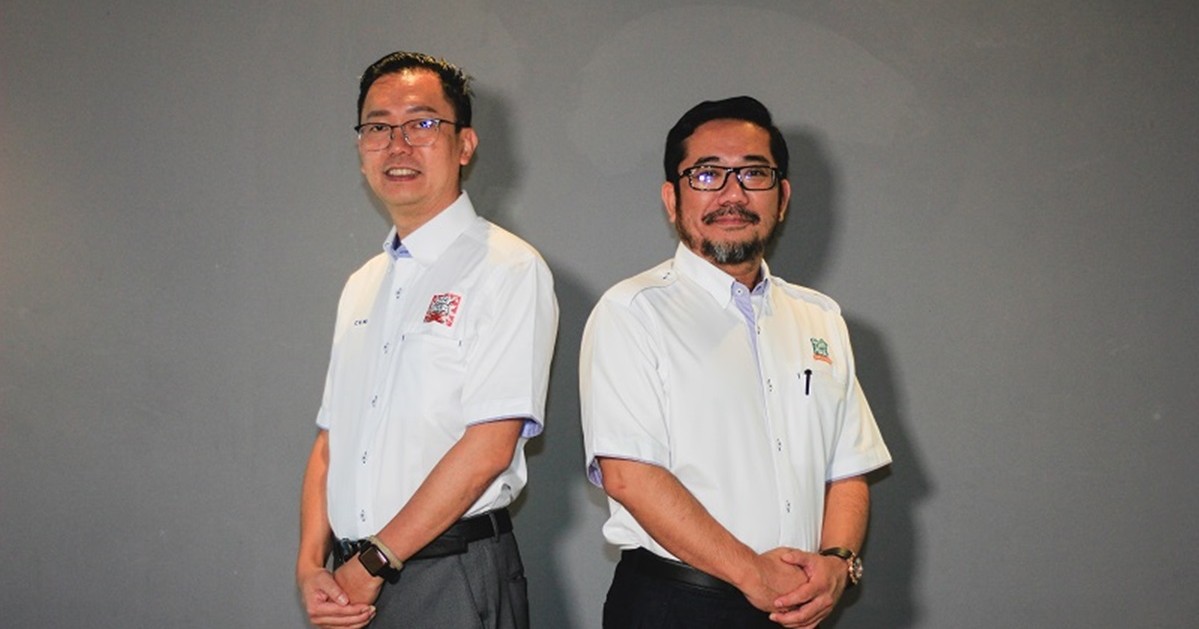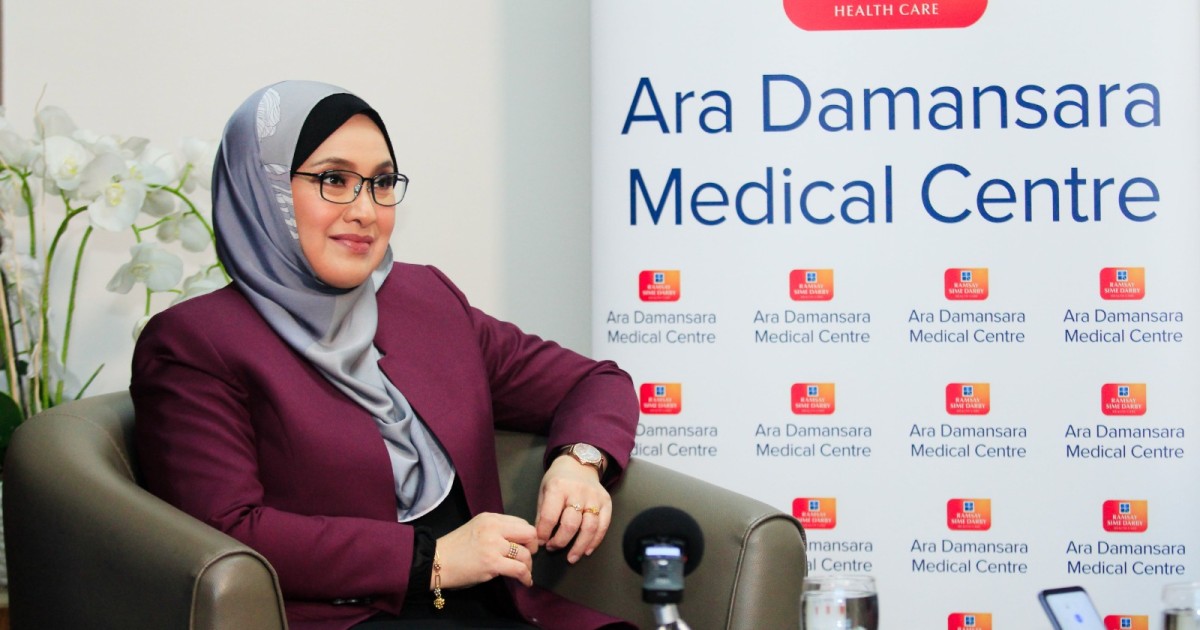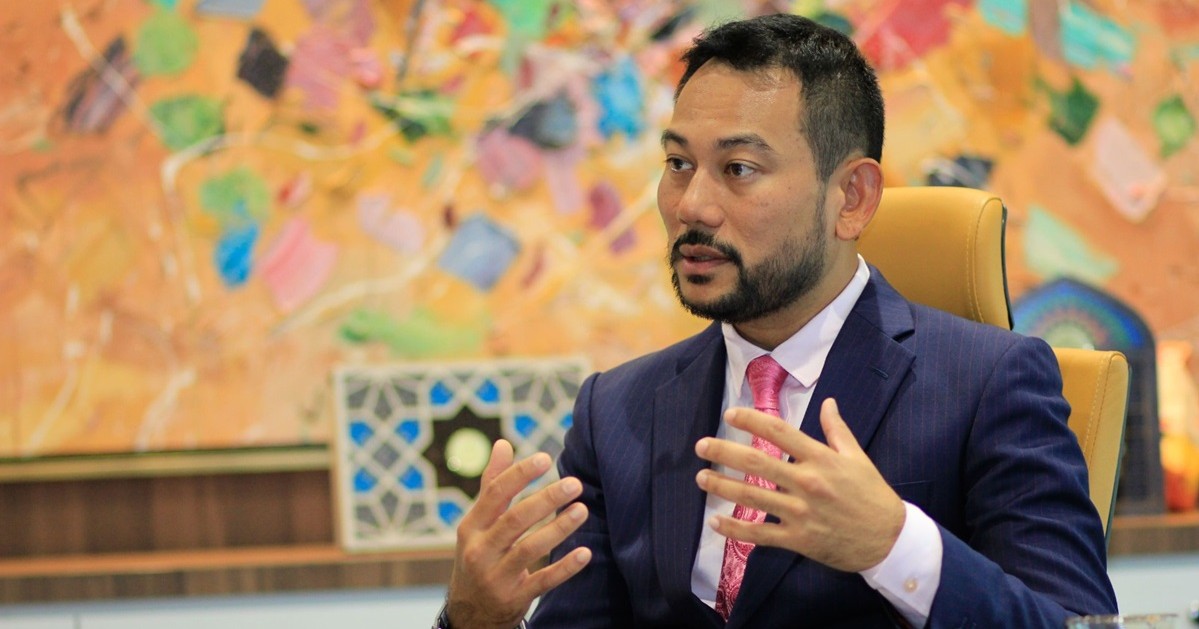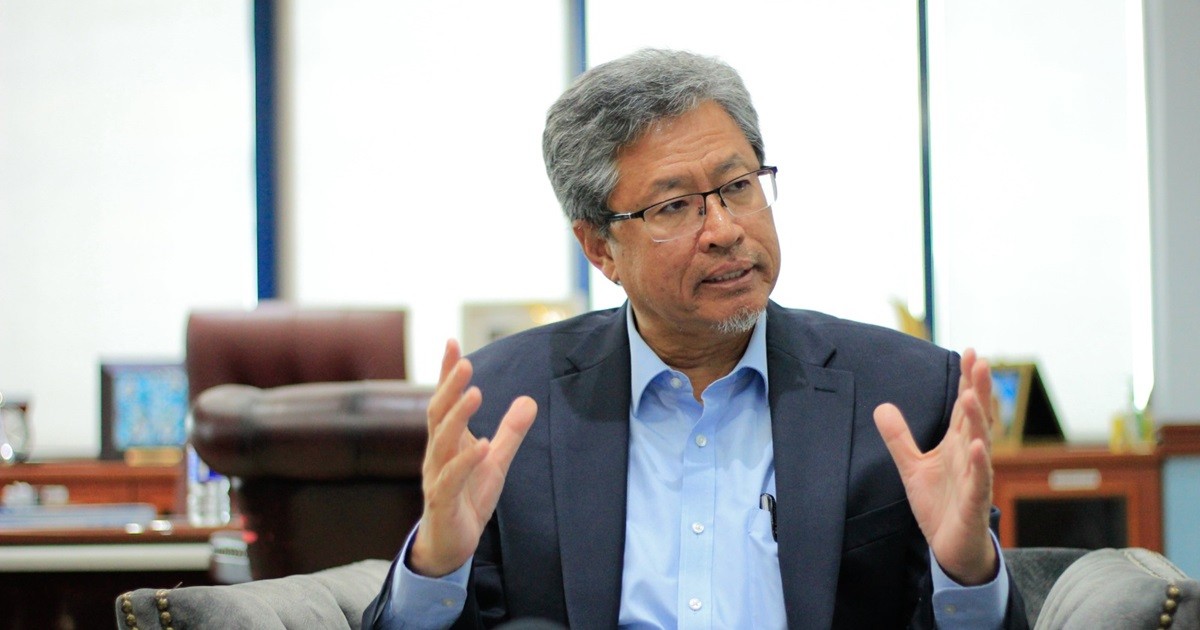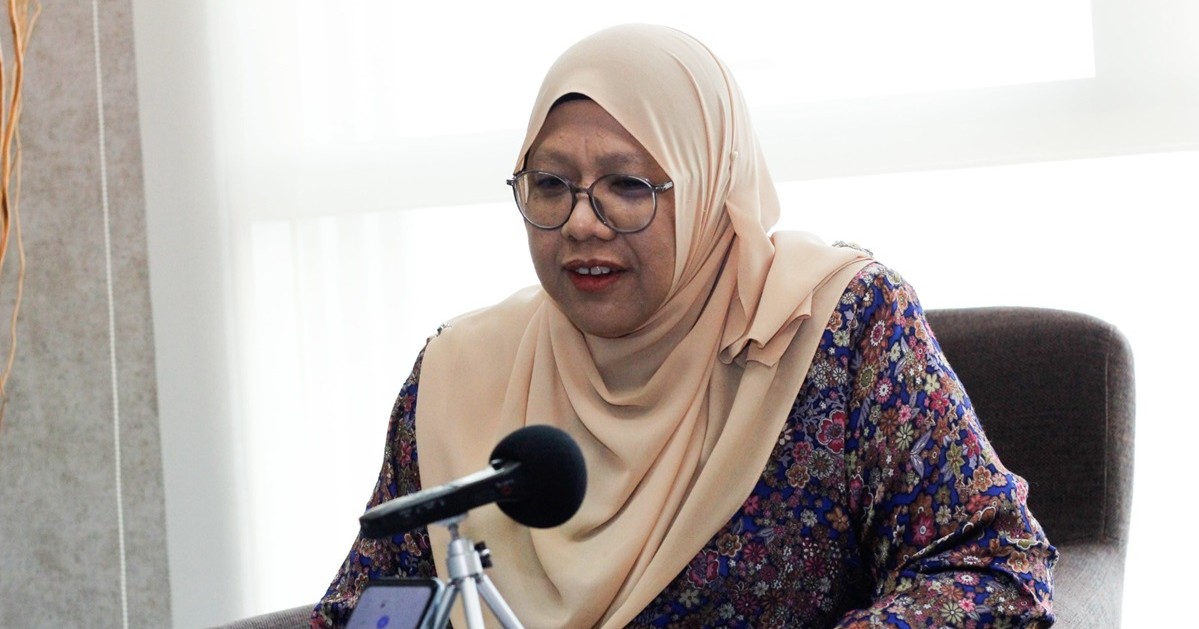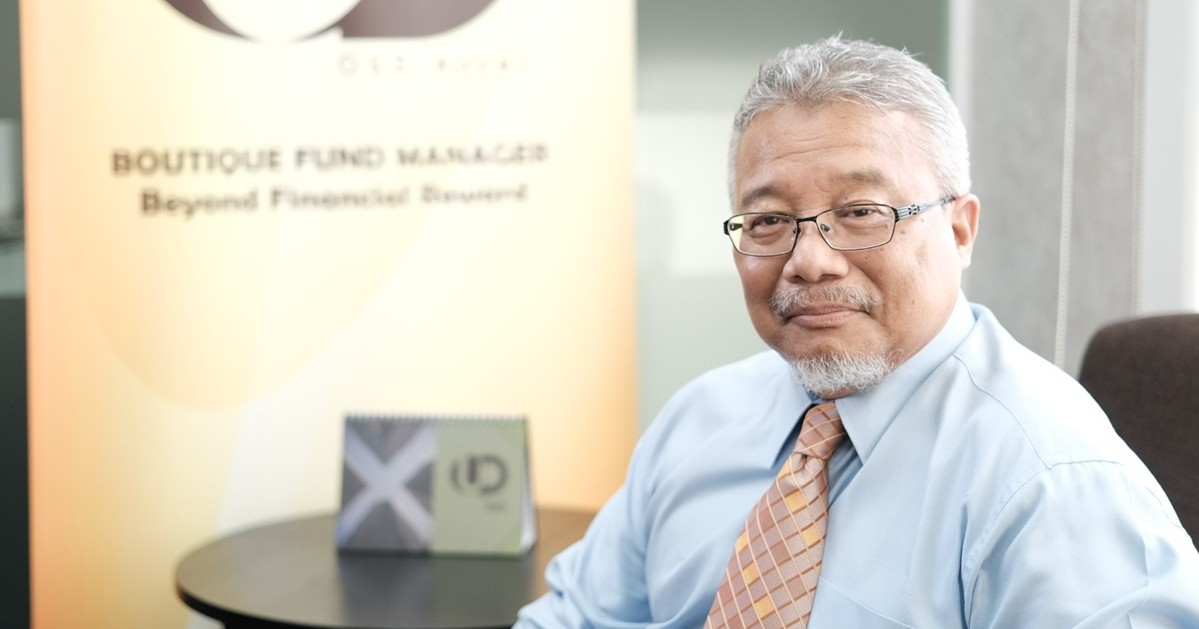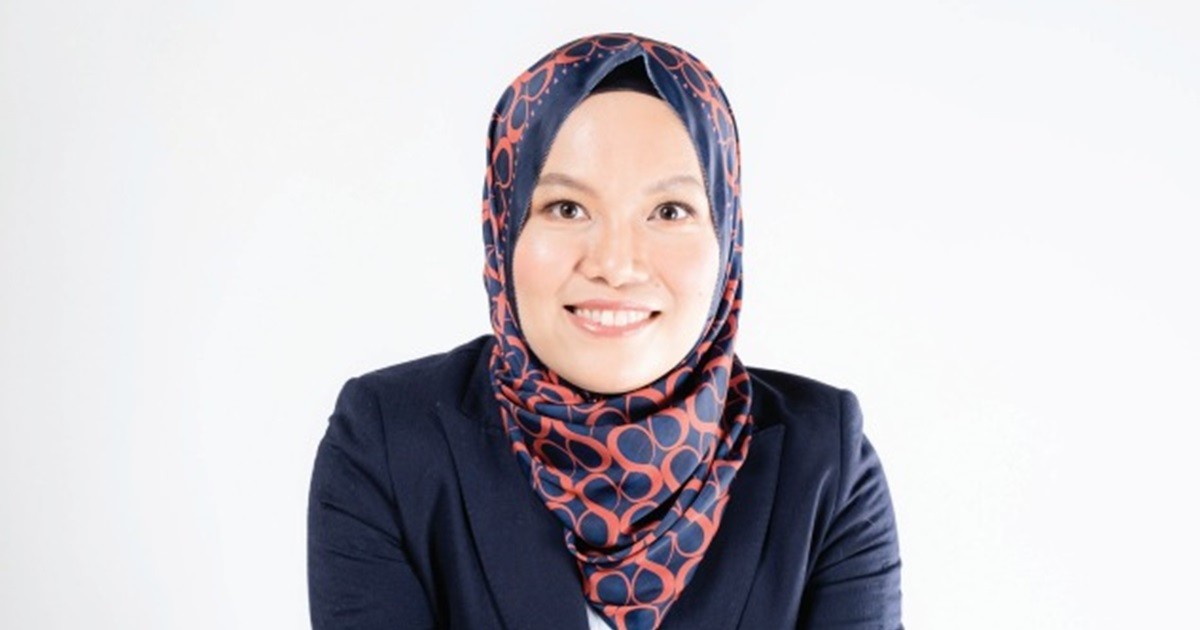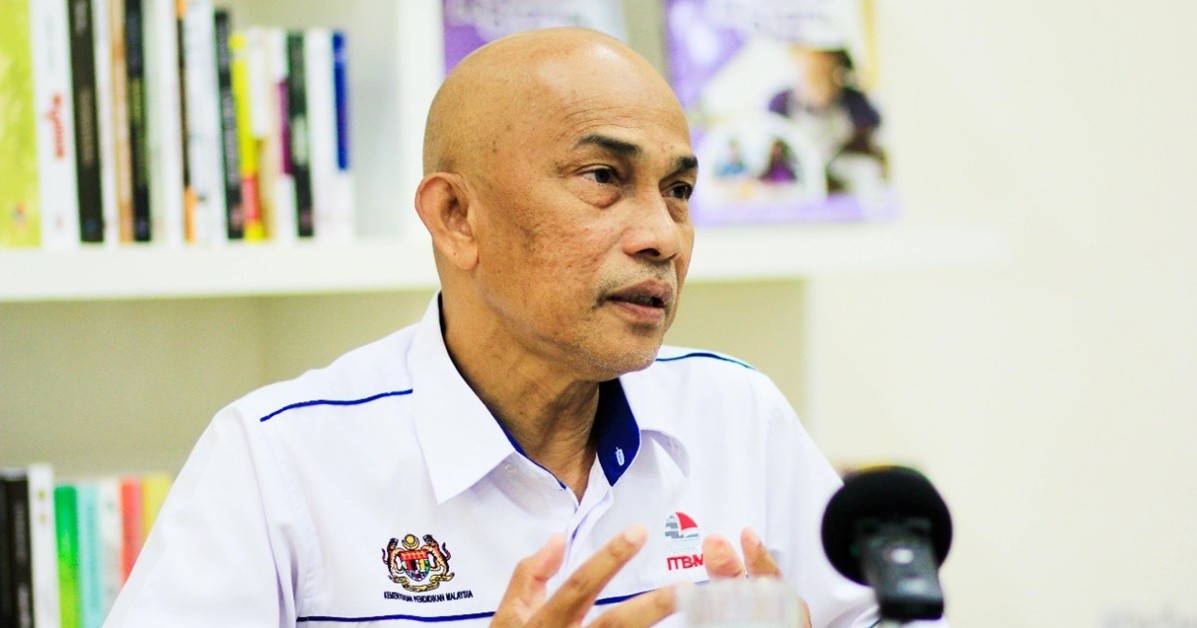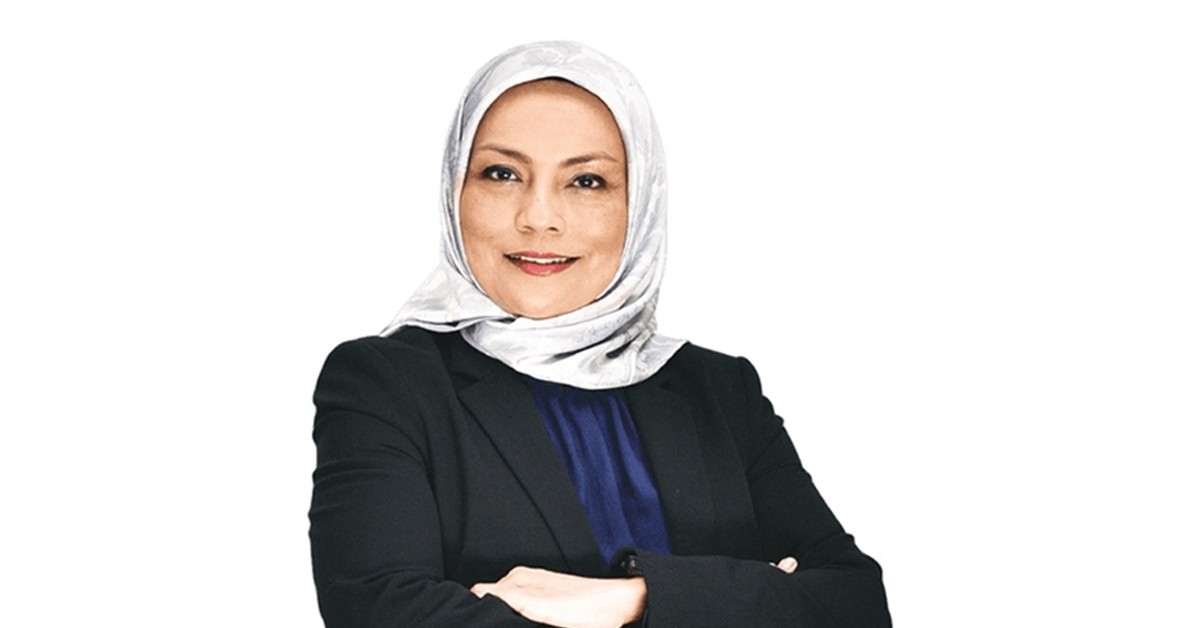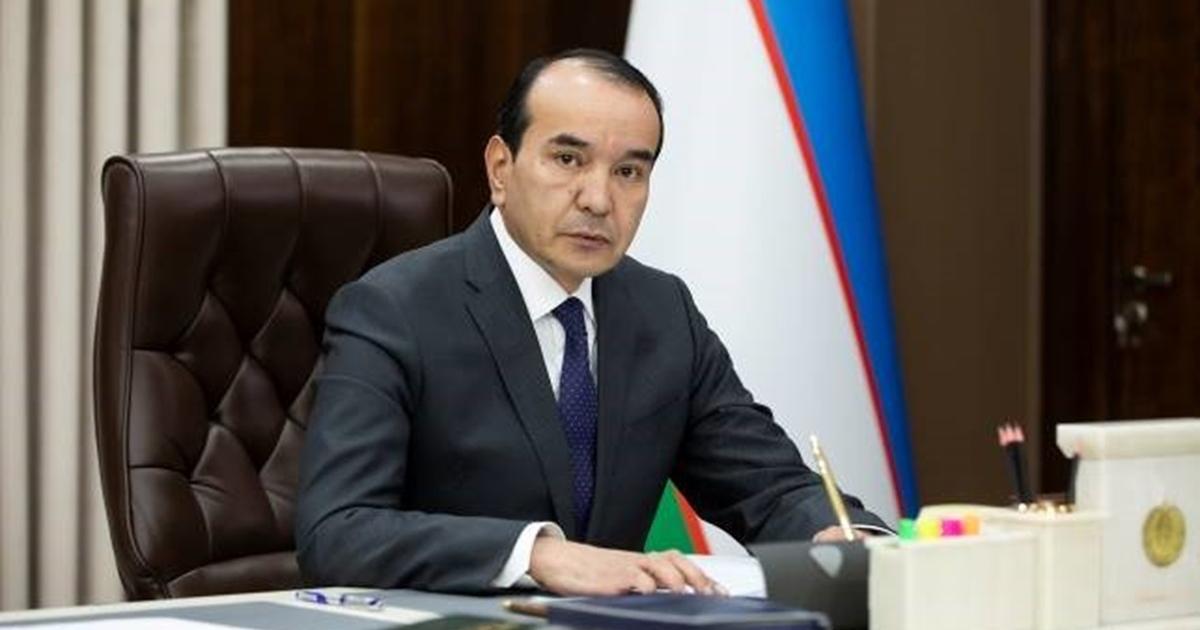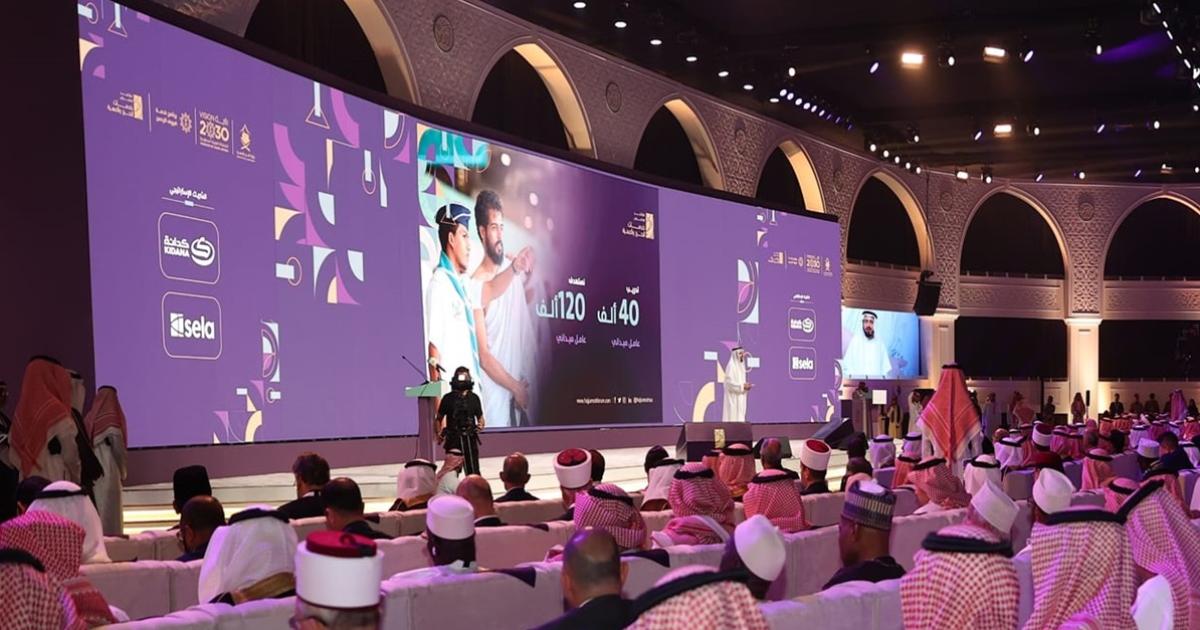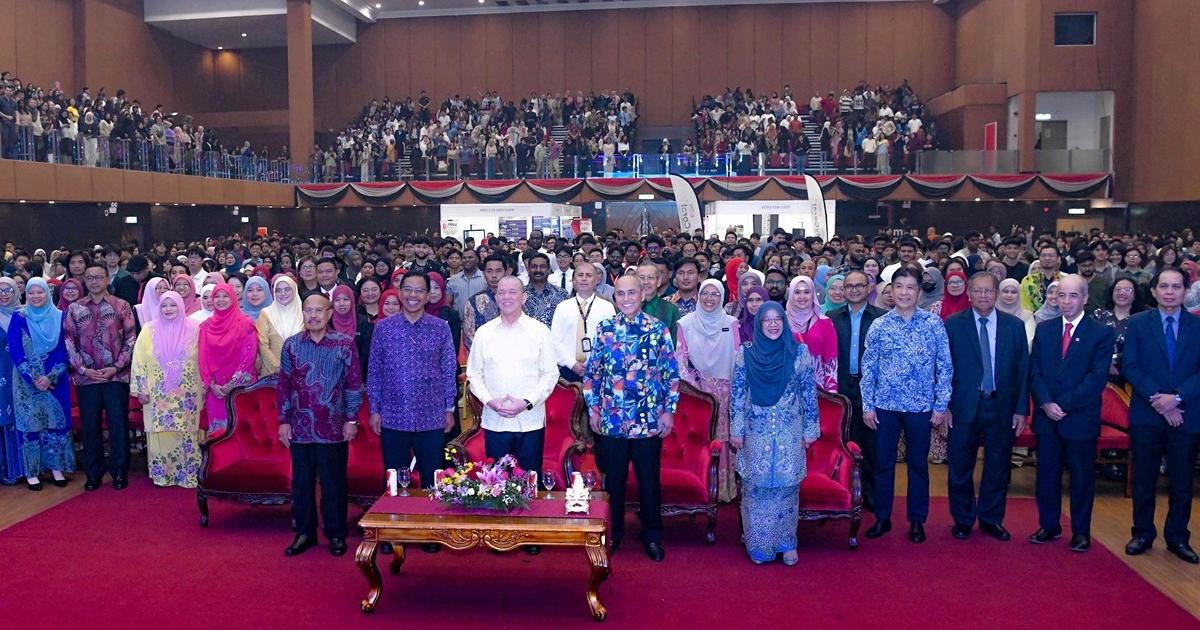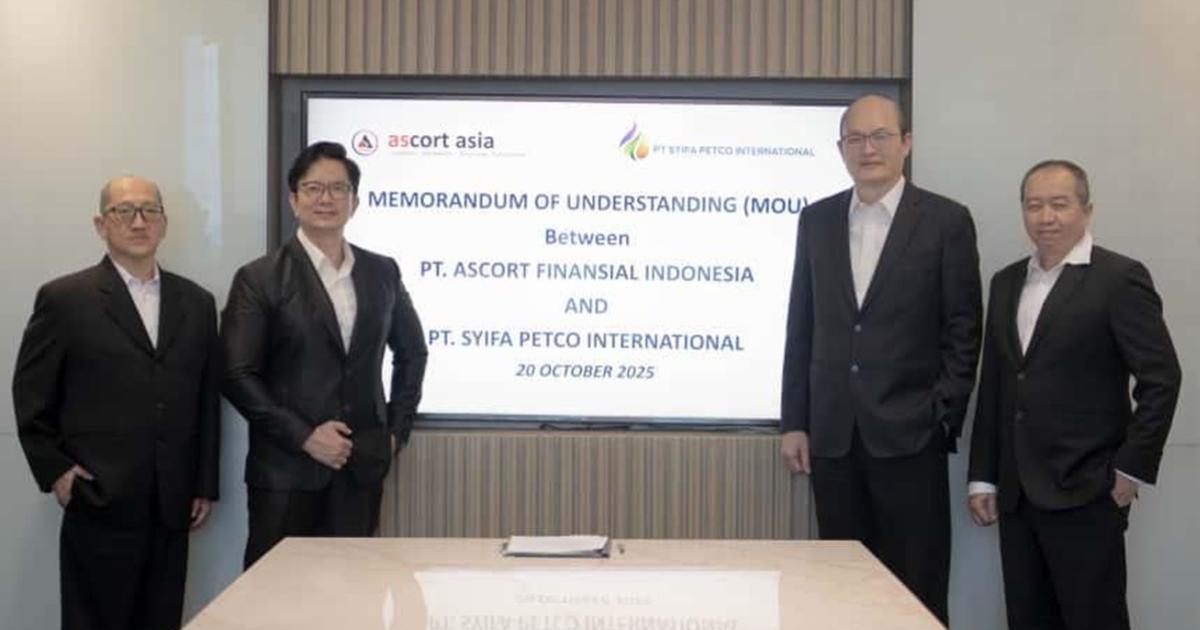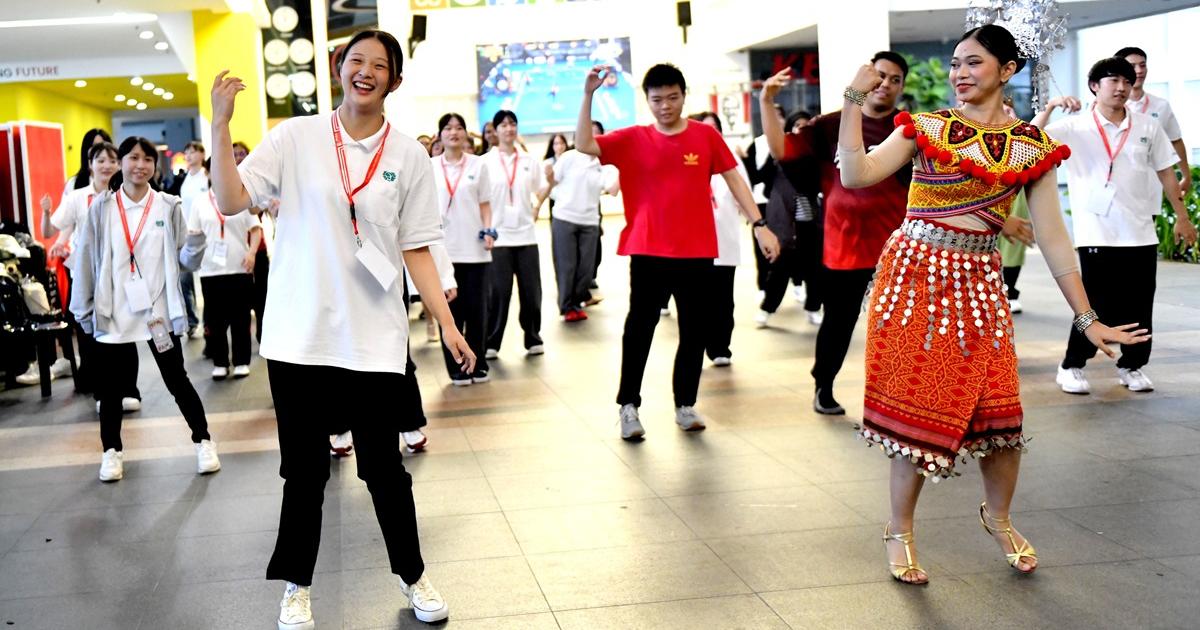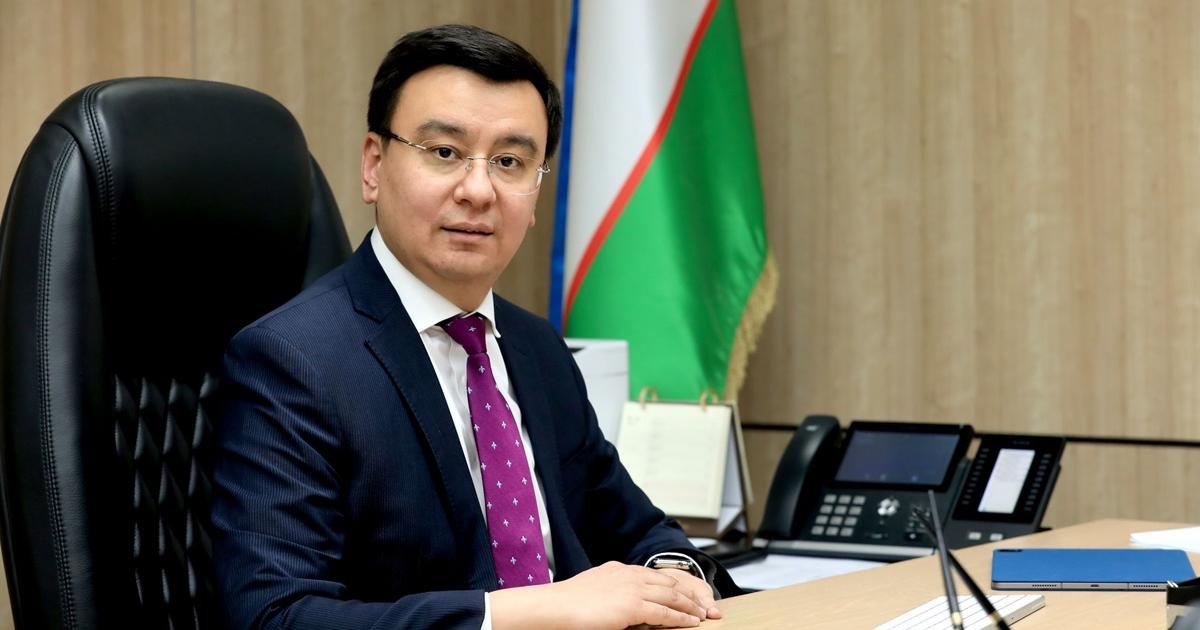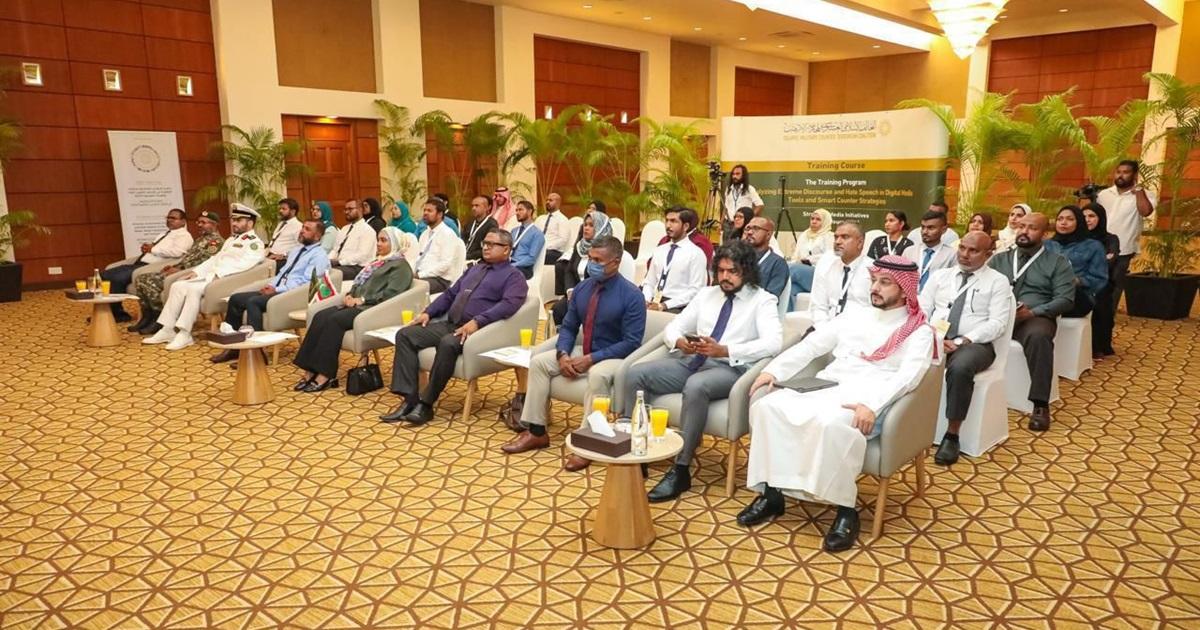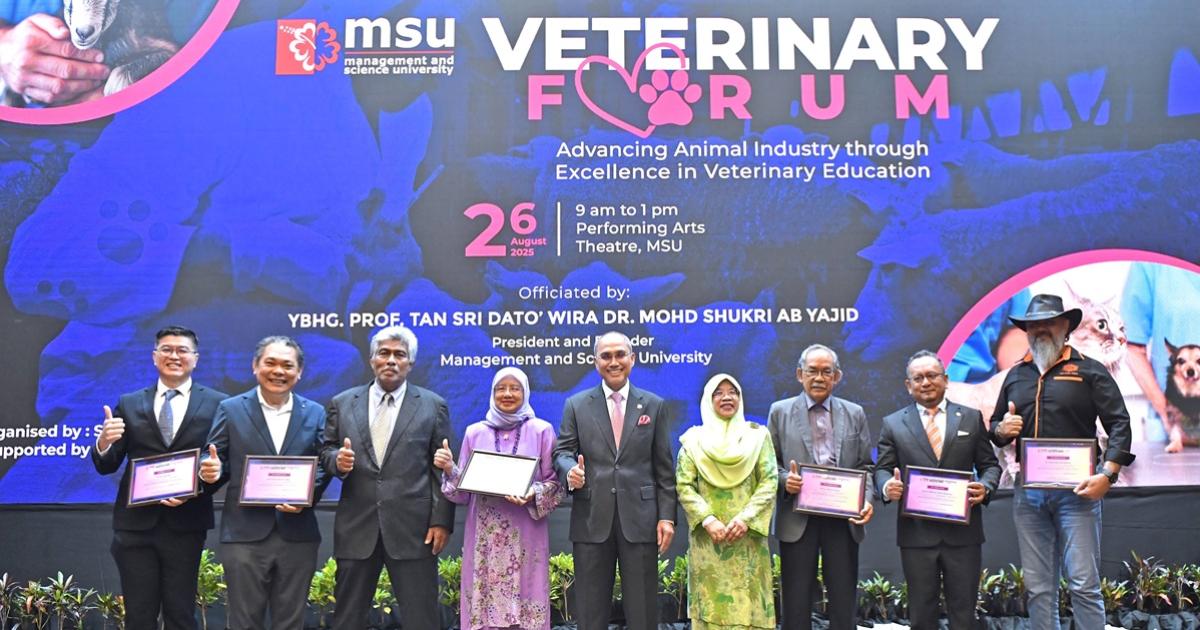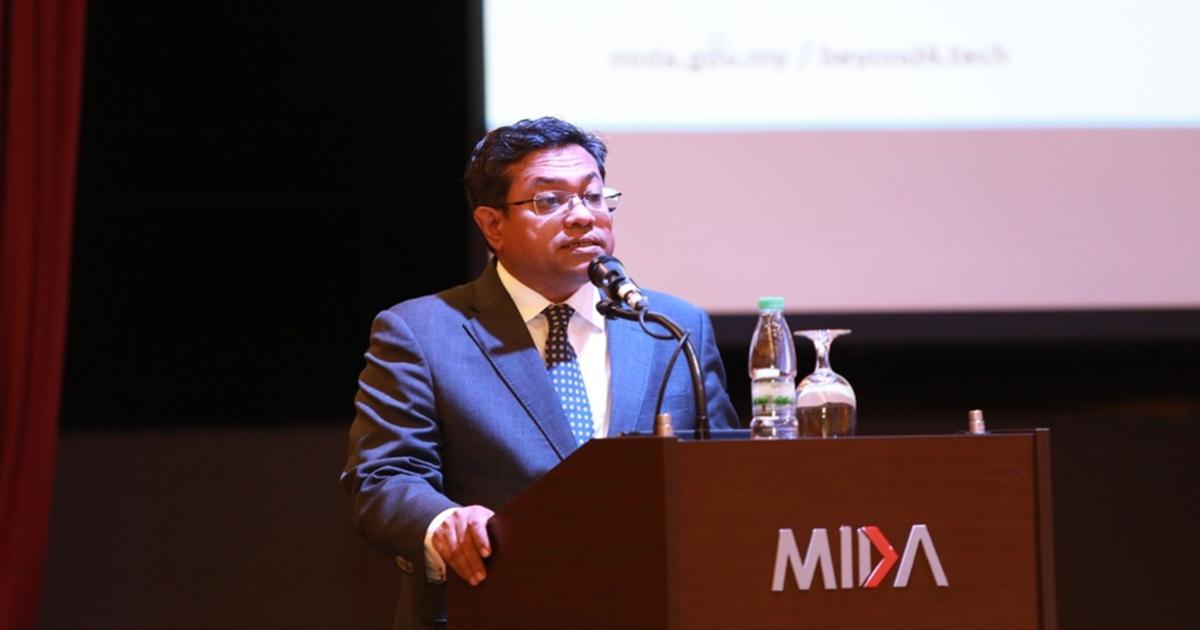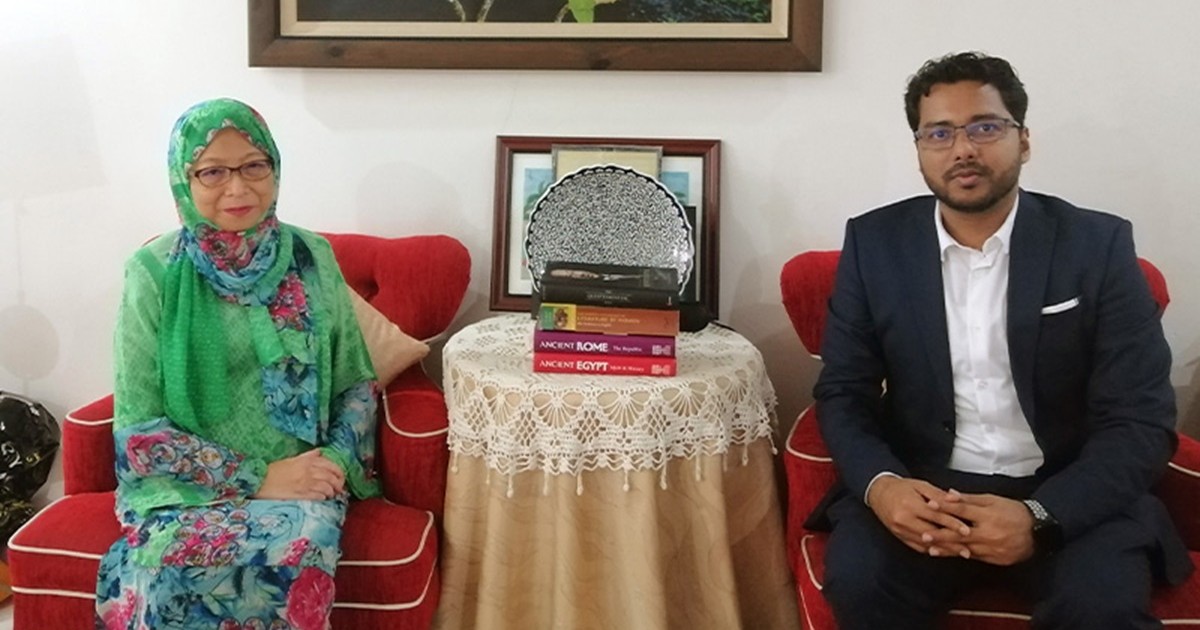
Brief Profile of Nor Faridah Abdul Manaf:
Nor Faridah Abdul Manaf taught English literature at IIUM for 34 years. She is also an award-winning bilingual creative writer. Her poetry books The Art of Naming: A Muslim Woman’s Journey and Travel Poetry were published in 2006 and 2019 respectively. Wanita Rawa Terakhir ([The Last Rawa Woman] 2022) is her first historical novella. She is widely published in reputed journals in the field of English Literature and Islam and has also spoken and written on environment and Islam. Email: faridah.manaf@gmail.com
OIC Today’s Writer and Editor, Dr Abu Sufian has interviewed Prof. Nor Faridah and got to know her views pertinent to literature, Islam, and women’s rights:
On behalf of OIC Today Magazine, I extend a warm welcome and express my gratitude for your presence in this interview. As a distinguished professor with extensive teaching experience that spanned over three decades, could you elaborate on the importance of fostering critical thinking skills in today’s education system, especially within the context of Muslim-majority countries?
Nor Faridah Abdul Manaf: As Muslims and inheritors of the Islamic tradition, we are consistently reminded of the distinction between enlightened minds and the uninformed. What sets them apart? It lies in the capacity for rational and astute contemplation – the skill to discern the virtuous from the detrimental. Naturally, the yardstick for goodness and malevolence is rooted in the teachings of Islam. From my perspective, this forms the bedrock of education, whether it traverses the realms of Humanities or Sciences.
Your expertise extends beyond academia, as a bilingual creative writer whose works have garnered attention, recognition and awards. How do you believe art and literature contribute to the cultural and intellectual development of societies, particularly within the Muslim world?
Nor Faridah Abdul Manaf: The standing of art and literature within the Muslim world has undergone transformation over time, diverging from its early Islamic roots where these artistic expressions served as instruments for refining and cultivating society, firmly rooted in the divine. In the contemporary landscape, this profound connection with the Divine is notably diminished in a significant portion of our literary works, as our narratives often grapple with personal uncertainties, internal and external conflicts, frequently pondering our existential identity. While writers of the past may have traversed similar introspective paths, their journeys led them back to the Creator. As a writer aligned with the Islamic faith, I contend that the role assumed by art and literature remains profoundly pivotal. They serve as conduits for enlightenment, education, and the sheer delight of the human spirit.

In your opinion, what are the factors contributing to the relative lag of Muslim-majority countries in both scientific advancements and creative writings? How can we bridge this gap and promote excellence in these fields?
Nor Faridah Abdul Manaf: We are busy trying to catch up with the West and not addressing our own problems and needs. Consequently, we find ourselves lacking in the generation of inventive solutions tailored to our local predicaments. Many frameworks imported from the West, encompassing financial systems, economic theories, legal structures, often struggle to seamlessly integrate into our distinct reality. The perpetual discrepancy between our context and theirs persists unless we muster the audacity to redefine our identity in alignment with our intrinsic values. When delving into the realm of creative literature, a fundamental grasp of the Islamic philosophy of expression becomes imperative. This understanding can serve as a powerful catalyst, galvanizing the impetus to write, to forge new creations, and to innovate.
Your research encompasses the intersection of Islam, literature and arts, yet you are concerned about environmental issues. From an Islamic perspective, why is it crucial to emphasize the preservation of the environment, and what steps can Muslim communities take to actively protect and conserve our natural resources?
Nor Faridah Abdul Manaf: Islam is not just a set of beliefs; it constitutes a comprehensive way of life. As we’ve previously discussed, literature and art wield the dual potential of imparting knowledge and serving as instruments of communication and self-expression. Within this comprehensive framework, Islam ardently advocates for the safeguarding of our environment, underscoring an individual responsibility incumbent upon every Muslim, irrespective of gender. This collective responsibility mandates unwavering commitment to environmental matters. One of the most efficacious avenues for engendering consciousness is the artistic articulation of our ecological trials and dilemmas, fostering an awakening through creative discourse. In essence, Islam’s profound reverence for creation obliges us to not only preserve but also actively advocate for the well-being of our shared natural heritage.
The Organization of Islamic Cooperation (OIC) is a platform that brings together Muslim-majority countries. How do you envision the OIC playing a role in promoting Islamic arts and literature globally? What initiatives or collaborations could be established to support artists and writers within the Muslim world?
Nor Faridah Abdul Manaf: The OIC’s role in promoting global Islamic arts and literature seems limited, primarily focused on the Middle East. To improve this, we need broader cultural exchanges with translations, regular Muslim writers’ festivals, and an Islamic Arts Council in each country, fostering Arabic as a shared language. A strong digital presence should also be established to support writers and the creative industry. This multi-pronged approach could significantly enhance the reach and impact of Islamic arts and literature.
Writing, both in fiction and non-fiction genres, has the power to shape narratives and influence society. How important is it to encourage more Muslims to engage in writing, and what can be done to create a conducive environment for aspiring Muslim writers?
Nor Faridah Abdul Manaf: Encouraging greater Muslim participation in writing is vital. We must shift attitudes toward creativity, emphasizing its value in this digital age. To support aspiring Muslim writers, we need more platforms for publishing, additional writing awards, and heightened awareness of writers’ societal role. This will create an environment conducive to their success. More platforms and opportunities to publish creative works are needed. But most importantly, the awareness of the role of a writer to drive the society to civility and civilisation is also significant.
What message do you have for the youth, particularly those within the Muslim community, who aspire to make a positive impact on society through their academic pursuits, creative endeavours, or community involvement?
Nor Faridah Abdul Manaf: I urge the youth, especially those in the Muslim community, to actively engage. Embrace community involvement and unearthing narratives waiting to be told. Remember, the act of writing will naturally follow.
As an advocate for women’s rights, what are your thoughts on the role of Islamic legal frameworks in protecting women’s rights and addressing issues such as domestic violence and sexual harassment? How can society foster an environment that respects and empowers women?
Nor Faridah Abdul Manaf: In much of my creative work, including my short stories, poetry collections, and recent novel, I delve into these concerns from the lens of a Muslim woman. Remarkably, men have also engaged with my writings, with a Singaporean male poet and critic notably referencing my poem on the challenges modern women face in balancing careers and family.
This perspective isn’t anti-feminist, but rather a plea for women to liberate themselves and reclaim their autonomy, recognizing the profound role they hold as bearers of life. Our Islamic viewpoint and voice find resonance through these creative expressions, fostering greater understanding and dialogue.
Could you share insights into your own writing journey and the inspiration behind your works? Additionally, what are your future plans or projects within the realm of literature and academia?
Nor Faridah Abdul Manaf: Writers usually are driven to writing when they feel strongly about certain issues. My writings were driven by the need to define myself as a Muslim woman who is emancipated despite my hijab, despite me being a wife and a mother. I am also driven to defend Islam under attack especially in the post 9/11 era. I also feel I need to share my experience as a traveller because not all women are able to travel freely like people like me: privileged, Western educated and a practising Muslim. Naturally how I define the world will be different.
I am working on a collection of post WW2 migrant stories with another friend. I think it is important to document the past in creative narratives.
- Business News 100
- Country News 16
- Feature News 30
- International News 151
- Interview News 35
- National News 18





